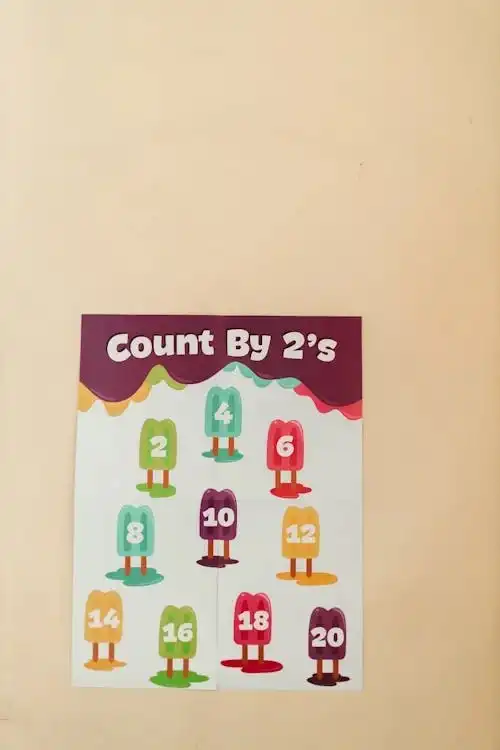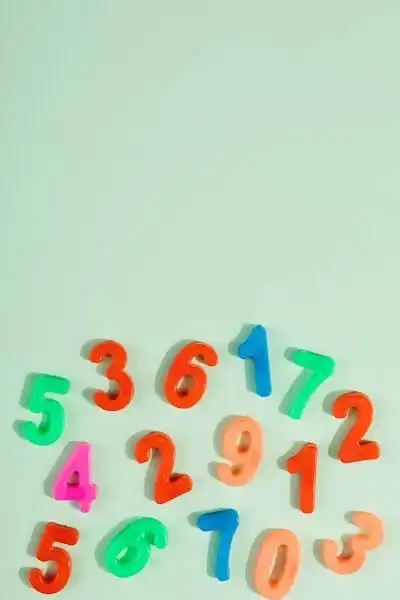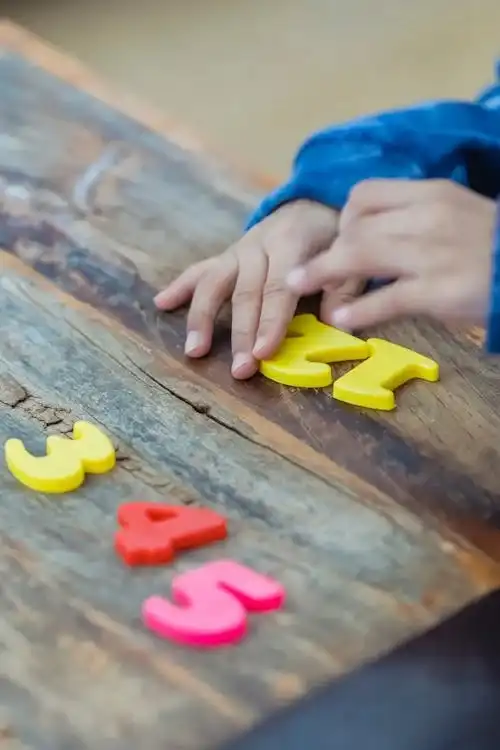Note: It is information related to unblocked games; we do not promote any company, website, or organization that provides illegal content.
Mathematics often poses challenges for students, leading to frustration and disengagement. However, incorporating games into math instruction can transform learning experiences, making them enjoyable and effective. This information is about the various online and offline cool math games, their benefits, and strategies for integrating them into educational settings.
Introduction
In today’s educational landscape, engaging students in mathematics is crucial for fostering a positive attitude toward the subject. Traditional methods of teaching can sometimes fail to capture students’ interest, leading to a lack of motivation and understanding. Fortunately, the rise of cool math games —both online and offline—offers innovative ways to enhance learning.
These games not only make math fun but also help students develop critical thinking skills, problem-solving abilities, and a deeper understanding of mathematical concepts.
The Importance of Cool Math Games

Engagement and Motivation
Math games are designed to be interactive and enjoyable, which significantly boosts student engagement. When students perceive learning as a game rather than a chore, they are more likely to participate actively. This engagement leads to improved fluency in mathematical concepts and fosters a love for learning.
Reinforcement of Concepts
Games provide practical applications of mathematical concepts, allowing students to reinforce their understanding through play. Instead of rote memorization, they apply what they learn in real-time scenarios that require critical thinking.
Collaboration and Social Skills
Many math games encourage teamwork, helping students develop social skills alongside academic ones. Collaborative gameplay fosters communication, problem-solving in groups, and shared learning experiences.
Popular Online Math Games
Several platforms offer exciting online math games that cater to various grade levels:

| Game Name | Target Grade Level | Description |
| Coolmath Games | K-12 | A wide range of games emphasizing that “Math is fun!” |
| Prodigy Math | Grades 1-8 | An RPG-style game where students solve math problems in duels. |
| DragonBox | K-12 | Focuses on teaching fundamental math concepts creatively. |
| Splash Math | Grades K-5 | Aligns with Common Core standards for skill practice. |
| GeoGebra | Grades 9-12 | Interactive tools for algebra, statistics, and geometry. |
Benefits of Online Math Games

- Personalized Learning: Many platforms adapt to individual student levels, providing tailored challenges.
- Instant Feedback: Students receive immediate feedback on their performance, allowing for quick adjustments in learning strategies.
- Accessibility: Online games can be played from anywhere with internet access, making them convenient for home practice.
Engaging Offline Math Games
In addition to online options, several offline games can reinforce math skills effectively:
| Game Name | Description |
| Math Tic-Tac-Toe | Players solve math problems to place their marks on the grid. |
| Math Baseball | Students answer questions to advance bases in a competitive format. |
| Shape Scavenger Hunt | Students find shapes around the classroom and tally their findings. |
| Math Twister | A physical game where players solve equations before placing body parts on colors. |
Benefits of Offline Math Games
- Physical Activity: Many offline games incorporate movement, which can enhance engagement and retention.
- Social Interaction: These games promote face-to-face interaction among peers.
- Creativity: Teachers can adapt traditional games by integrating math concepts creatively.
Strategies for Integrating Math Games into the Curriculum

Incorporating math games into the classroom requires thoughtful planning. Here are effective strategies:
Warm-Up Activities
Start each lesson with a short game that reinforces previously taught concepts. This approach sets a positive tone and prepares students for new material.
Learning Stations
Create centers with different math games focusing on specific skills. For example, if you’ve taught fractions, have fraction-related games available throughout the week.
Incorporate Movement
Use movement-based games where students physically engage with math concepts. This method supports kinesthetic learning and enhances understanding.
Technology Integration
Utilize online platforms like Prodigy Math or Khan Academy that adapt to individual student levels and provide instant feedback.
Assessment Preparation
Use games as review tools before assessments. Playing fraction-related or algebra-related games can reinforce skills while identifying areas needing additional focus.
Effective Math Games for Teaching Algebra
Teaching algebra can be particularly challenging; however, several interactive games make this subject more accessible:

| Game Name | Description |
| DragonBox | Introduces algebra concepts through engaging gameplay. |
| Cool Math’s Survivor Algebra | Mimics the TV show format where teams solve algebra problems collaboratively. |
| DimensionU | Offers immersive gameplay tackling algebraic challenges. |
| Algebra Bingo | A competitive game where students fill out bingo cards based on equations called out by the teacher. |
Can Math Games Improve Problem-Solving Skills?
Recent studies indicate that math games significantly enhance students’ problem-solving abilities:
- A study from Stanford University found that third-graders playing a digital game showed measurable improvements in reasoning through open-ended problems.
- Game-based learning fosters a growth mindset by allowing students to embrace failure as part of the learning process.
- Engaging gameplay merges educational content with entertainment, encouraging deeper connections with core mathematical concepts.
Finally
Incorporating cool math games into educational settings can transform traditional teaching methods into dynamic learning experiences. By enhancing engagement, reinforcing concepts, and promoting collaboration among students, these games play a vital role in improving mathematical understanding and problem-solving skills. As educators continue to seek innovative ways to teach mathematics effectively, embracing both online and offline math games will undoubtedly yield positive outcomes in student learning.

By leveraging these strategies and resources effectively, teachers can create an environment where mathematics becomes not just a subject but an exciting adventure filled with discovery and fun!
For More Unblocked Games Update Visit Here

